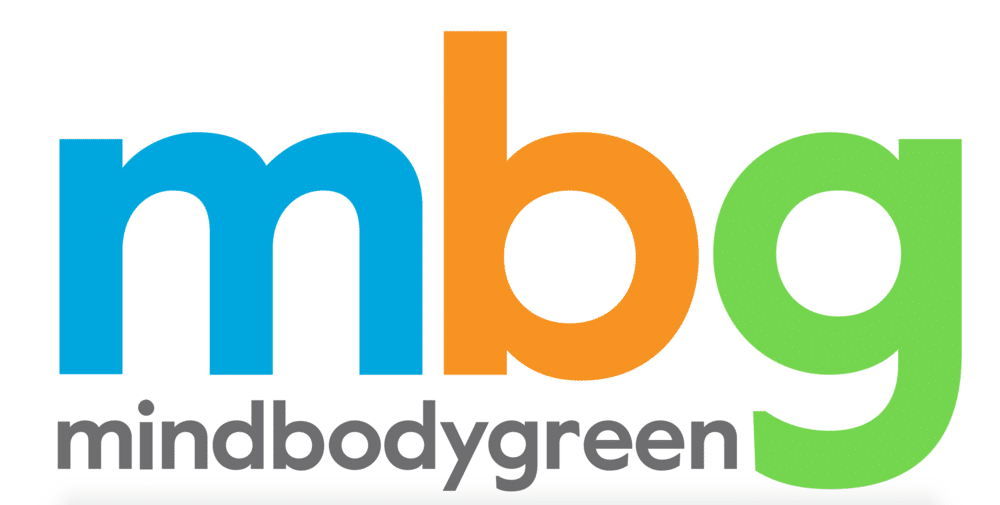
10 Natural Ways to Tackle Depression and Anxiety
Have you ever felt sad, but didn’t really know why?
Are you constantly worrying about what life is going to throw at you next?
My patients bring up all sorts of issues in my office. They tell me about their rashes, their constipation, their diarrhea, and even their sexual problems.
However, there’s one topic they frequently don’t talk about: their mental symptoms. Often, it takes a little gentle prying for me to find out when my patients are suffering from depression or anxiety. One reason is that because I’m a naturopathic physician and not a drug-oriented doctor, they think there’s nothing I can do to help them.
But guess what: That’s not true. In more than 20 years as a clinician, I’ve found that natural approaches are incredibly powerful when it comes to healing depression and anxiety. Often, natural interventions help make drug treatments or psychotherapy far more effective—and surprisingly often, they’re the only treatments patients need.
So if you’re suffering from anxiety or depression, be sure to explore these ten natural approaches. They may just hold the key to a happier, healthier you.
How to naturally deal with anxiety and depression
Use vitamin B12 to help manage anxiety and depression.
Vitamin B12 deficiency is very common, especially among vegans and vegetarians. The rate of B12 deficiency is as high as 62% for pregnant vegetarians, 85% for vegetarian children, 41% for vegetarian teens, and 90% for elderly vegetarians. Even vegetarians and vegans who supplement their diets often are deficient, because supplements aren’t always effective.
Since vitamin B12 comes from animal products, you’re at lower risk for a deficiency if you eat lots of meat, fish, and eggs. However, you may still have a problem, especially if you have any of these risk factors:
- You’re taking certain drugs, such as metformin or antacids.
- You have a family history of pernicious anemia (one form of B12 deficiency).
- You’ve had gastric bypass surgery or other GI surgery.
- You have an autoimmune disease.
- You’re over fifty.
Vitamin B12 deficiency can cause a wide range of mental symptoms, including depression, anxiety, and panic attacks. So at a minimum, ask your doctor for a serum B12 test. Better yet, get a test called an MMA, which is more accurate.
Manage anxiety and depression by eating your veggies!
Many vegetables are high in folate—a nutrient that’s absolutely necessary for a happy, healthy brain. These days, doctors often prescribe folic acid (the supplemental form of folate) as a treatment for depression.
To get plenty of folate, eat broccoli, brussels sprouts, turnip greens, spinach, lettuce, avocados, and asparagus. And if you’re feeling anxious or depressed, have your doctor check you for a folate deficiency.
What minerals help you manage your anxiety and depression?
Two other nutritional problems that can make you feel sad or anxious are iron deficiency and zinc deficiency. You’re at particularly high risk for iron deficiency if you’re a premenopausal woman and you eat little or no meat. Being a vegan or vegetarian can put you at increased risk for a zinc deficiency.
If you think you might be deficient in either nutrient, ask your doctor to check you. Don’t “self-medicate” with large doses of iron or zinc, which can be toxic in excess.
Get enough vitamin D to help manage depression and anxiety.
Right now, there’s an epidemic of vitamin D deficiency—even in sunny places like Arizona and Texas. In fact, up to three-quarters of teens and adults in the United States are low in vitamin D.
Every part of your body, from your brain to your immune system, needs a good supply of vitamin D to work right. So it’s no surprise that a deficiency can cause symptoms of anxiety or depression—and that getting your vitamin D levels back to normal can make you feel better. One recent meta-analysis of studies on vitamin D and depression, for instance, found that the effect of high-dose vitamin D treatment “was comparable to that of antidepressant medication.” Another recent study involving teens found a link between low vitamin D levels and higher rates of anger, anxiety, poor sleep, depression, and worry.
So make sure your levels of this “sunshine vitamin” are optimal. Get some sun exposure every day, and have your vitamin D levels checked to see if they’re low. If you’re deficient, find a doctor or nutritionist who can prescribe the right dose and form of vitamin D for you.
Put good food in your body to help manage depression and anxiety.
Cut down on carbs
An overload of carbs—and especially highly-refined “junk” carbs—can make you sad. For instance, a just-published study reports that a diet high in refined carbs is associated with an increased risk for depression in women past menopause. In my own practice, I find that people of all ages feel happier, less moody, and less anxious when they reduce their carb intake.
Eat brain-healthy fats.
Good fats, such as omega-3 fatty acids, fight chronic inflammation—a major cause of depression and anxiety. One recent study, for instance, found that treatment with the omega-3 fatty acid eicosapentaenoic acid (EPA) boosts mood in many patients who have major depressive disorder and high levels of inflammation markers.
Exercise is a powerful way to manage depression and anxiety.
Exercising is one of the quickest ways to change your brain chemistry. Walk a mile or two, lift weights, dance, or play tennis, and you’ll elevate your levels of “feel-good” chemicals and reduce your levels of the chemicals that cause you to feel sad or anxious.
Practice meditation to relieve depression and anxiety.
If you think that meditation is a mystical thing that only hippies and gurus do, think again. Medical science is proving that it actually changes your brain in ways that make you less anxious and less depressed. So three or four times a week, schedule at least 15 minutes for mindful meditation. You can get free guided meditations here.
Manage depression and anxiety by starting within your cells.
Our gut microbes produce neuroactive compounds that affect how we feel—for better or worse. In fact, scientific experiments show that in animals, disrupting the gut microbiome can cause symptoms of anxiety or depression. To create a healthy gut ecology, eat fermented foods (which supply beneficial microbes) and drink bone broth (which helps create a healthy environment for those microbes).
If you’re in an emotionally toxic environment, escape if you can.
Often, we label anxiety and depression as medical problems when they’re really life problems. So ask yourself: Are you chronically stressed because you’re trying to do too much? Are you surrounded by people who pull you down instead of lifting you up? Or are you miserable in your career? If so, make a change. While it’s all too easy to stay in a rut, it’s smarter to dig yourself out of it.
What other options do I have to manage my anxiety and depression?
You may temporarily need medication or therapy to overcome depression or anxiety. However, your strongest defense in the long run is a healthy body.
So every single day, focus on making yourself healthier. Eat a diet that’s loaded with high-quality proteins, good fats, and veggies. Exercise. Meditate. Get outdoors. Remove toxic food, toxic chemicals, and toxic people from your life.
None of these actions will make you feel better overnight. But day by day, you’ll build a stronger body and a healthier brain—and over time, that will translate into a much happier you!
Keep Thinking Big & Living Bold!








